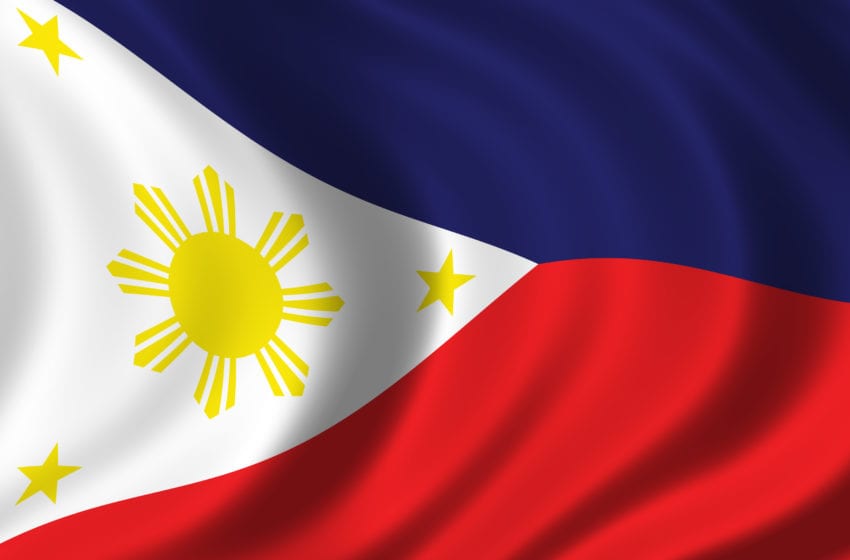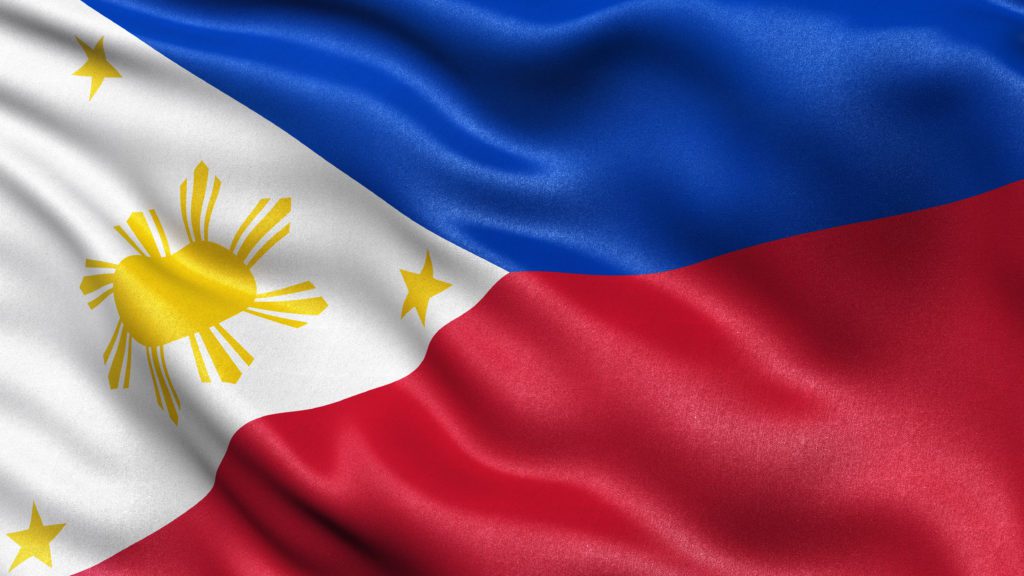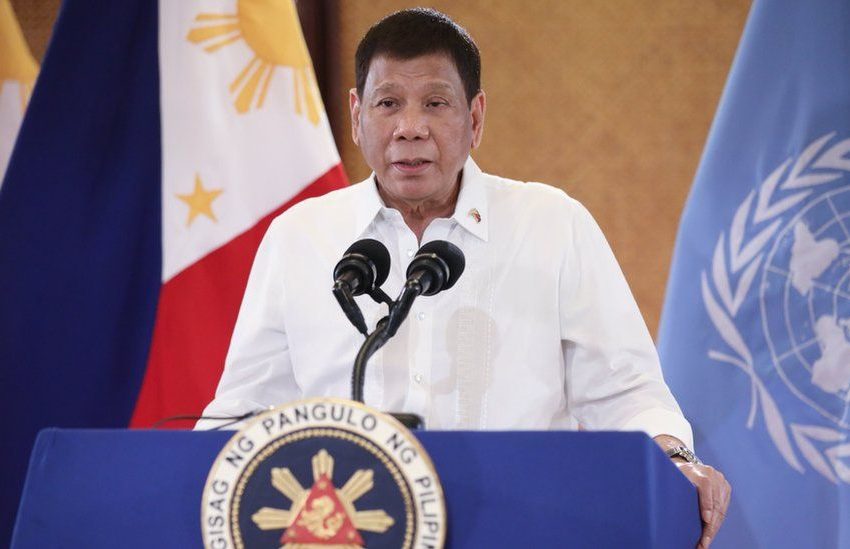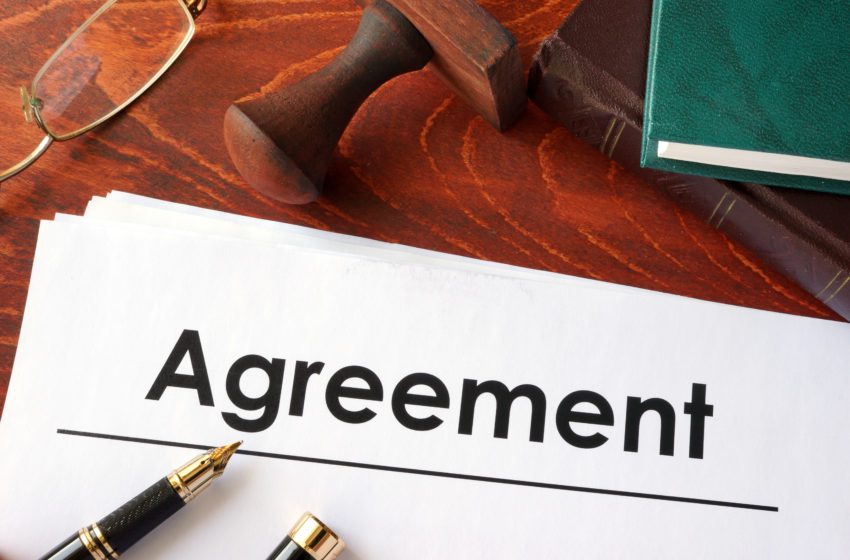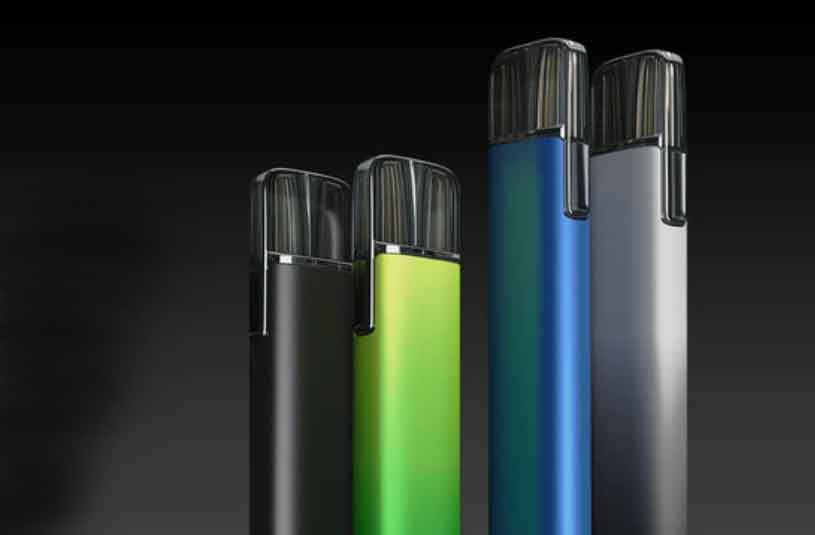
Snowplus of China is expanding its vaping business in the Philippines, reports The Philippine Star.
Co-founder and head of overseas markets Derek Li is confident the company can build a good distribution network in the country.
Snowplus has invested $2 million in quality and safety research since 2019 and has received over $150 million in financing, which is among the largest funding for any startup in the e-cigarette industry.
Snowplus has also committed to raising industry quality and standards to deliver safe and reliable e-cigarettes to consumers in the Philippines.
In line with new vapor industry regulations in China, Snowplus recently obtained permission to operate from the State Tobacco Monopoly Administration. The license authorizes the company to produce 80 million pods per year.
The company established three advanced scientific laboratories with equipment to test its products’ power supply and durability, among other characteristics.
“Consumers can trust Snowplus. We work only with the most reputable partners and deliver products of the highest quality that are 100 percent safe,” Li said.






